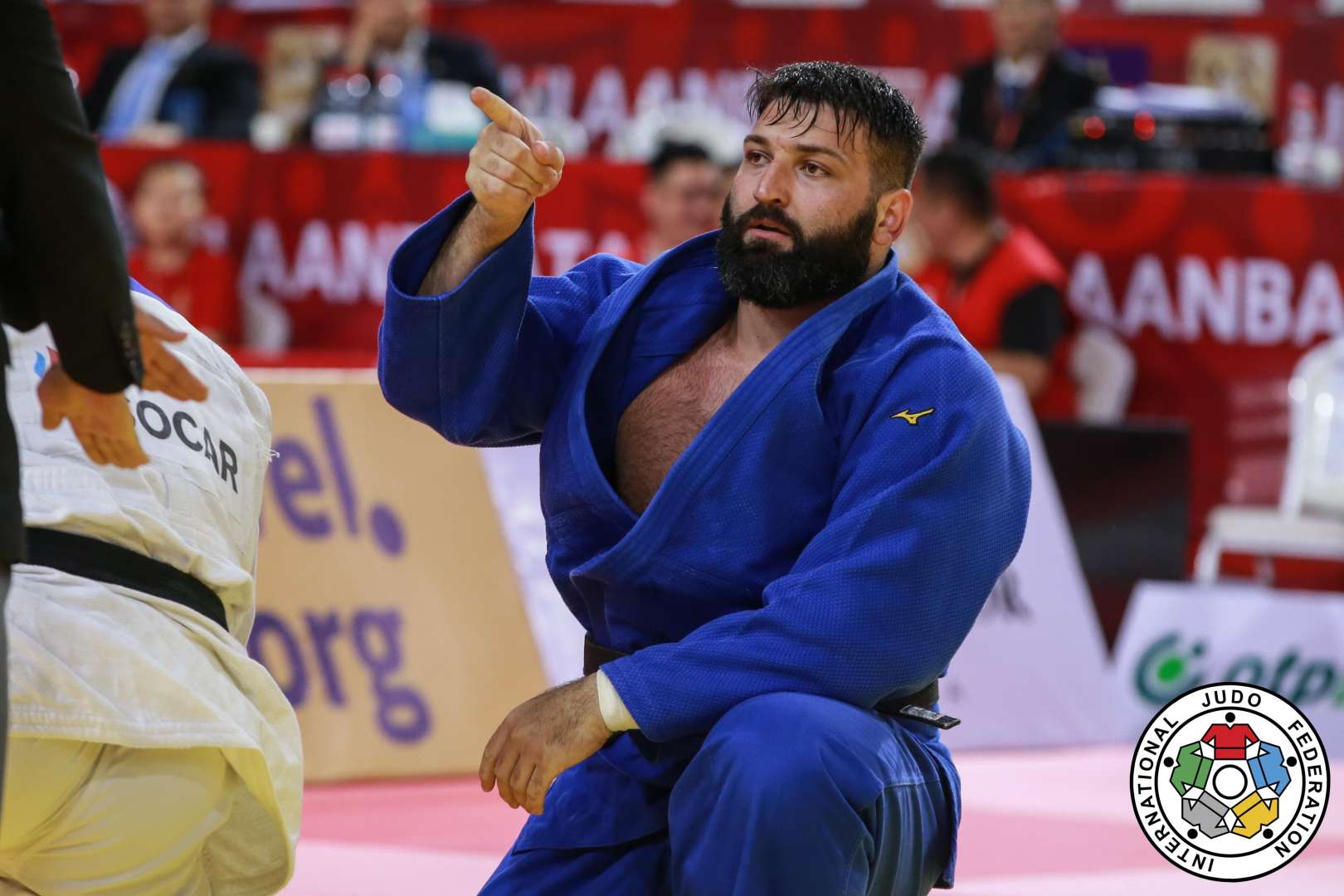
The only way that Inal Tasoev would not have returned home with the gold medal was for non-sporting reasons. Tasoev is a complete heavyweight, a very good judoka, with an excellent technical panoply and he’s fast. At the Grand Slam in Mongolia his opponents were not of the same level.
Dutchman Roy Meyer is like the old rockers who never die. He gets results, medals in the big competitions, but he is light years behind of Tasoev in terms of quality and age. They reached the final after eliminating Japanese Hyoga Ota and Kazakh Adil Orazbayev.
Japan has always had excellent heavyweights, but for some time now, the level has not lived up to the demands of the highest level. Both Ota and his compatriot Yusei Ogawa, did not produce anything remarkable and therefore did not reach the final. Tasoev, who is better than those others who participated in this grand slam, also came very well prepared physically and with the necessary motivation to prevail. This is how titles are won, with talent, of course, but above all with hard work and mental strength and will.
It took Tasoev eleven seconds to win his fifth grand slam gold medal. Those who went to the bathroom to relieve themselves before the final did not have time to return and see the IJF representative’s ko-soto-gari. It was nice, simple and behind that gesture there are many hours of training. In the end, that said, Tasoev was unstoppable and the opposite would have been surprising.
Magomedomar Magomedomarov of the United Arab Emirates and Orazbayev battled for the first bronze with victory for the latter, who reacted quickly to an attack by Magomedomarov and scored waza-ari. The two Japanese judoka fought for a bronze that knew little of the aspirations of the country. Ogawa won unnoticed, by shido.
